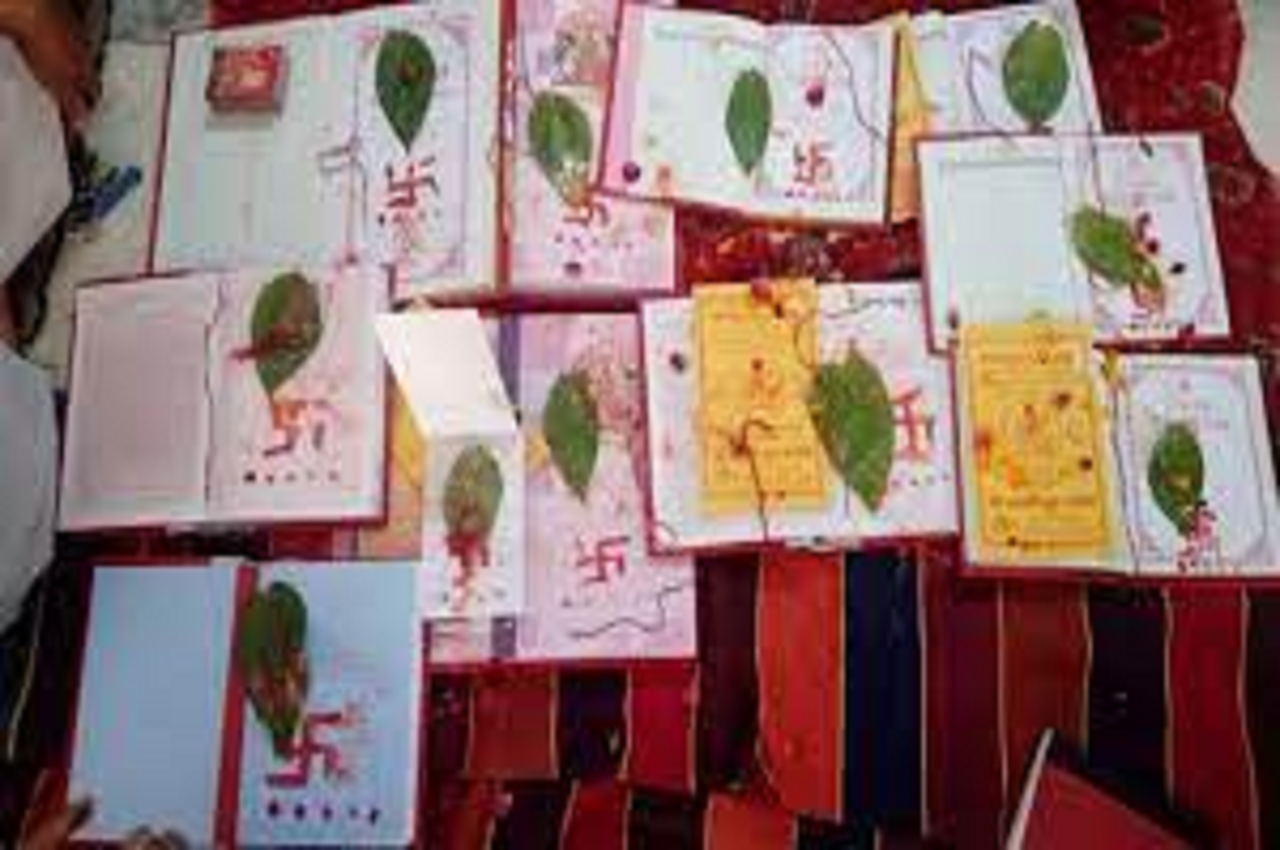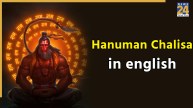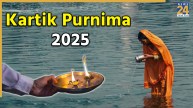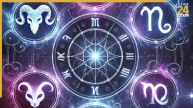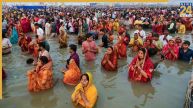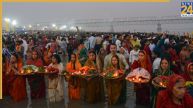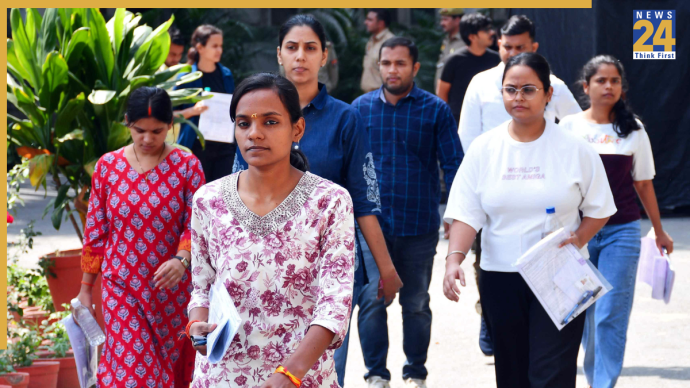Chopda Puja: The Gujarati New Year, commonly referred to as Bestu Varas, ushers in the Hindu calendar’s Kartik month. People are currently commemorating Vikram Samvat 2079 owing to the solar eclipse that occurred this year on October 25.
People go to the temple on this day to perform puja for the gods. People visit their family and friends in festive attire to wish them a happy new year, the year 2022 of Gujarat: Shubh Muhurat
This year, Bestu Varas falls on two days, October 26 and 27. This year’s festival will start at 6:48 p.m. on Wednesday, October 26, and run through 5:12 p.m. on Thursday.
Chopda Pujan Vidhi
In Gujarati culture, opening new ledgers and shutting old ones is known as chopda.
Goddess Lakshmi is worshipped during Chopda Puja in order to obtain her blessings for the upcoming year in order to make it more prosperous and fruitful. During the day, Devi Saraswati is worshipped as the goddess of learning.
Writing the words “Shubh” and “Labh,” which represent auspicious and beneficial, respectively, on the new account books is part of the ceremony.
A swastika is also drawn at the start.
Gujarati New Year 2022: Significance and tradition
For traders and businesspeople, the day has special significance because it marks the start of the fiscal year for them. As a result, new ledgers are opened on this auspicious day. The entrepreneurial individuals, who are primarily involved in business, celebrate their Bestu Varas with feasts, festivities, and fun.
The North Indian festival of Govardhan Puja, which is observed on the day after Diwali each year, falls on the same day as Gujarati New Year.
The Govardhan Hill is also revered on this day since tradition has it that Lord Krishna did so to shield the residents of Mathura, Uttar Pradesh, from a torrential downpour.
According to mythology, Lord Krishna convinced the people of Gokul to forgo bringing tributes to Lord Indra. He taught the majority of the farmers and shepherds that their duty was to the hills and the animals that provided them with food and resources. The people then started to pray for the Govardhan Hill and the cows.
However, Lord Indra was not pleased with this and let out his wrath on the populace. He rained on Gokul nonstop for seven days and seven nights, flooding the region. Krishna then lifted the Govardhan Parvat with his little finger to provide shelter and assistance to humans and cattle. As a result, Indra acknowledged his error. The practise of performing Govardhan Puja is thought to have endured and is still followed today.

